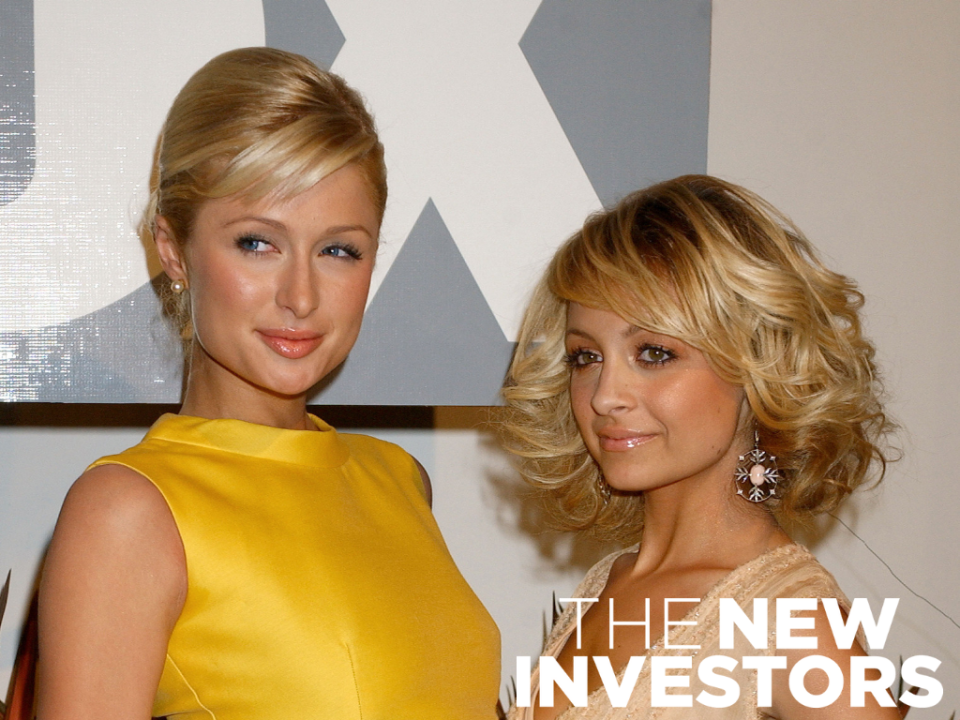How much do you spend compared to your friends?

Ever wonder how much money your friends actually spend on coffee, travel, UberEats?
You’re not alone. For a generation that’s grown up sharing almost every aspect of life on social media, we’ve developed a natural propensity to share and compare life’s precious ‘highlight reel’.
But despite checking into social media five times a day to share our work, life, or travel status, our personal finances have remained just that: personal. We’re not exactly Instagramming our bank balances, let alone confessing last month’s UberEats damage or how much we splurged on our summer holiday in Croatia. You know, all the actual spending behind those enviable posts?
You might suggest the reason is obvious: it’s private! I don’t want people knowing what I earn, save, and spend. That’s my business. Which explains why – unsurprisingly – sixty seven percent of Gen Xers prefer to talk about politics, sex and gambling rather than personal finance.
Could it also be that we don’t actually know what we should be earning, saving, spending? What other people are earning, saving, spending? If we’re on the right track, just about or not at all?
Getting financially fit
The National Heart Foundation along with industry leaders worldwide use the Body Mass Index (BMI) as a way to assess whether you’re the right weight for your height to predict the risk of developing disease. They also recommend the average daily energy intake of 2,000 calories across a balanced diet with at least 30 minutes of daily exercise.
Why is this benchmark important? By having a single reference point of good and bad, we know how to make good decisions throughout the day, week, or month based on this goal.
Like the morning we swapped a protein shake for a toastie and made up for it with a broccoli salad at dinner? #worthit.
We’re clear on our goals, all the different ways we can get there, and more importantly we’re able to tap into a community that help us strive for this benchmark whether it’s F45 or spin class, or the FitBit community. You can compare your progress, watch others achieve their goals and marvel at the sizes dropped, kilos benched, kilometres ran. It’s motivating and it works. You’re in control precisely because you know when you’re on the right track and when you’re not.
The BMI of finances
How powerful would it be if we could replicate this model in personal finance? A way to assess whether we’re spending too much, saving too little or just about right based on other people who are at the same stage in life as us? A benchmark based on where we’re at, where we want to go, how quickly we want to get there? Savings hacks from profiles of people those have achieved the same goals? Actual millennial goals of course: like taking 6 months off work to travel the world, going back to school or launching a startup.
About those goals
Let’s be honest. Financial advice hasn’t quite evolved with the times. Why do you think our smashed avo headlines sparked global millennial fury? Because it so perfectly captures the disconnect between modern life goals and the lack of modern financial advice to help us achieve them.
Like this classic bit of advice for example: If you’re 30 you should already have a year’s worth of salary saved up and by the time you’re 35, this should be double your annual salary.
You can’t make this stuff up!
Who’s to say travel is not a good investment, if it leads to broader life experiences that help you get that next job? Or even cultural appreciation that inspires you to go study overseas? Why is real estate a good investment, if it means you take on a mortgage that limits your cash flow and limits the amount of risk you can take in your career?
Arguably, the greatest investment you can make in your 20s is in ‘human capital’ – your education, experiences and career opportunities. If a mortgage limits your ability to leave your job for furthering education or changing careers (that could lead to higher future income and higher fulfilment), is an investment property really the best investment decision you could be making? Bear in mind that a financial advisor would never say this: why would they when they can’t take a fee on your ‘human capital’?
Which brings us to social and why we’re in the business of making personal finance a more social experience.
At Finch, we believe that the future of personal finance requires more than just coming up with new digital products to do old things. We can do so much better than pie charts and graphs and budget alerts.
If we’re serious about empowering our generation to make confident financial decisions we need to get creative. We need to think less like banks and financial institutions that build and sell products, and think more like the companies that build exceptional experiences that inspire behavioural change.
Make your money work with Yahoo Finance’s daily newsletter. Sign up here and stay on top of the latest money, news and tech news.
Also read: Experts tell us the best investment they ever made
Also read: Solving the biggest problem with traditional financial advice
Also read: 10 skills you won’t need by 2022 — and 10 you will

 Yahoo Finance
Yahoo Finance 